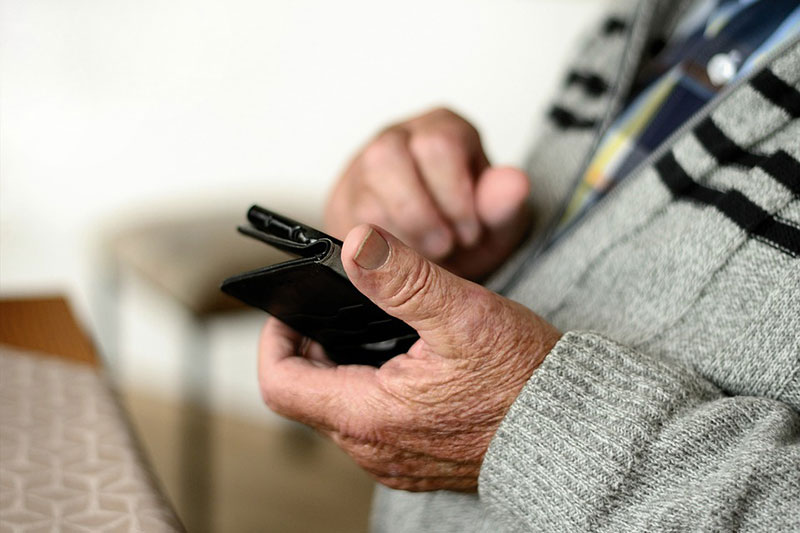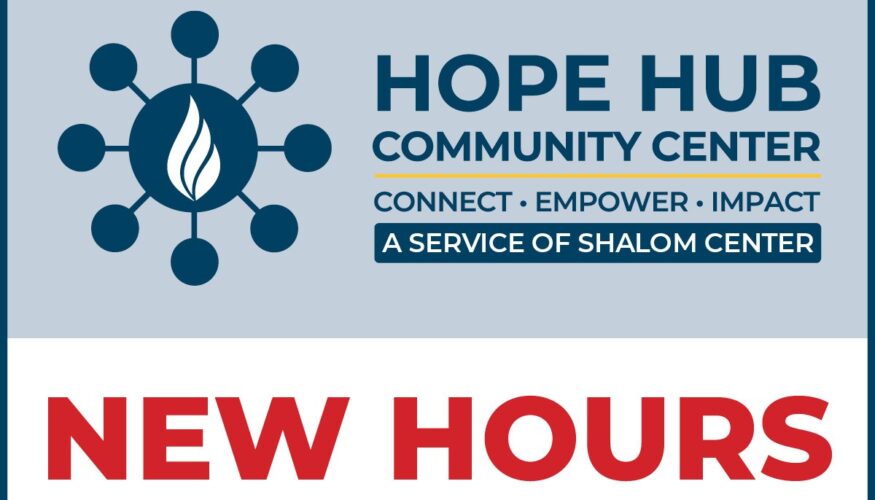To help cope with loneliness and isolation during the COVID-19 pandemic, some local seniors are finding comfort through technology.
Many seniors are spending months away from family and lifelong friends because they are most at risk of hospitalization and death if they catch the novel coronavirus.
Kenosha Area Family And Aging Services, Inc. reconditioned many of its programs early on to safely serve residents 60-and-older without physical contact. KAFASI serves some 10,000 individuals each year throughout the county with a variety of programs. When the pandemic struck, technology became crucial.
The nonprofit’s Friendly Visitor efforts are combating feelings of isolation among this vulnerable population with virtual connections.
“For older adults connections are critical,” said Cathy Coleman, manager of the Friendly Visitor programs. “The more connections they have the happier they’ll be. That’s what we’ve found. Our purpose is to grow those connections so people have more options to socialize.”
Coleman said the pandemic brought to light an education gap that exists between many older adults and technology. The nonprofit aims to change that with volunteers who provide basic tech support via telephone, email and video. Small group virtual programs are also provided monthly on an as-needed basis.
“For older adults, connections are critical. The more connections they have the happier they’ll be.”
– Cathy Coleman, KAFASI Friendly Visitor manager
“We connect people, that’s part of our mission,” Coleman said. “We create connections. We have folks who reach out to older adults in our programs to help provide virtual opportunities. A lot of older adults are a little insecure with technology. That kind of prevents them from attempting Zoom or connecting virtually in any way. But once you break down those barriers, it becomes a great option for a lot of folks. We’ve had some unlikely individuals ‘Zooming’ and really enjoying it.”
As part of the Friendly Visitor initiative, KAFASI even loans Android tablets to individuals curious about such devices. Coleman said such efforts weren’t prioritized nearly as much pre-pandemic.
“It helps participants who aren’t comfortable with a tablet or don’t know how to set-up an email,” she said. “We’ve tried to do what we can do to offer assistance. We’ve even had a volunteer who went to an individual’s home, took their tablet at the door, went back to their car and configured their tablet for them in the driveway — because that person’s tablet was a little messed up — and then give it back to them. We have some wonderful volunteers willing to go above and beyond.”
Coleman also highlighted the nonprofit’s Senior Center Without Walls initiative that offers weekly group calls to provide participants socialization and “armchair travel” from home. Such calls may include guided meditations, book discussions or conversations with State Sen. Bob Wirch.
“Isolation and loneliness are something that sneaks up on you. You think you’re doing OK until you’re not,” she said. “We want to make sure everyone knows there’s someone out there to support them and offer a little bit of assistance.”
Since vaccines began rolling out throughout the county, Coleman said seniors seem less anxious.
“The good news is that there’s a light at the end of the tunnel,” she said. “Now seniors are better connected, have more technology confidence and spring is coming. You can hear hope in their voices when you speak to them.”
National Issue
The University of Michigan’s National Poll on Healthy Aging (NPHA) recently asked a national sample of adults aged 50 to 80 about loneliness during the pandemic.
The June poll found more than half of older adults (56 percent) reported feeling isolated from others compared to 27 percent in 2018.
“As the pandemic continues, it will be critical to pay attention to how well we as a society support the social and emotional needs of older adults,” John Piette, a professor at the University of Michigan School of Public Health who worked with the poll team, told the school’s Michigan Health Lab blog. “The intersection of loneliness and health still needs much study, but even as we gather new evidence, all of us can take time to reach out to older neighbors, friends and relatives in safe ways as they try to avoid the coronavirus.”












